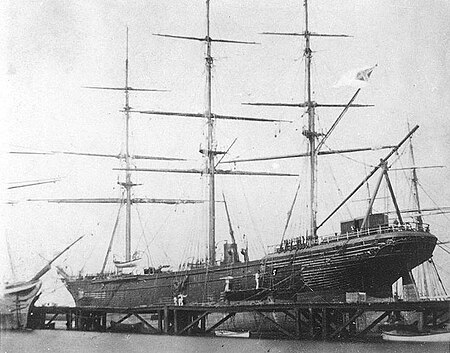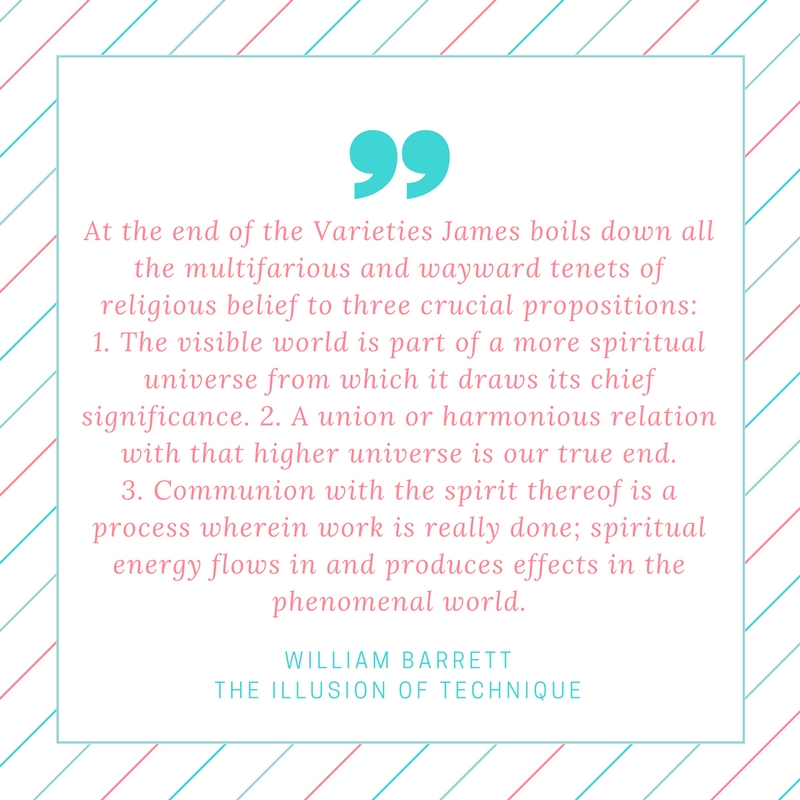 T.S. Eliot says the last temptation is to do the right thing for the wrong reason. Which brings me to the first mass emancipation of slaves in North America.
T.S. Eliot says the last temptation is to do the right thing for the wrong reason. Which brings me to the first mass emancipation of slaves in North America.
It happened on November 7, 1775, in Virginia. Which is 156 years too late, as slavery began in Virginia in 1619 in the same place and same year, in bitter irony, as the first representative legislature in the New World. But we’ll take it, right?
Well, not this way. The problem is, royal governor John Murray, a.k.a. Lord Dunmore, issued his proclamation under duress, offering freedom to any slave who fought for the British. It is hard to think of a less promising moment or setting, including by making emancipation seem like a threat to the freedom of the white inhabitants.
It would have been far better had the British gently encouraged and facilitated growing sentiment for abolition in the northern colonies before 1776, instead of actively opposing it (to the point that Thomas Jefferson, in a monumental act of gall, included an indictment of George III for encouraging the slave trade in an early draft of the Declaration of Independence).
Dunmore’s proclamation didn’t free every slave because slavery was wrong. It made it conditional, and conditional on something difficult and dangerous that not everyone could do. Despite which hundreds, possibly as many as 2,000 slaves did indeed join the royalist forces… who lost anyway. Indeed Dunmore himself had to pull out of Virginia in 1776, taking about 300 ex-slaves with him and leaving the rest in the lurch, if they hadn’t already died of the smallpox epidemic that ravaged his forces.
In 1779 General Sir Henry Clinton issued a more general emancipation decree, freeing slaves owned by revolutionaries throughout the colonies whether or not they enlisted. But even there, the counsel of pseudo-prudence that left humans in bondage if their owners were loyal undermined the moral and even practical impact of the policy.
I do not know that there was anything the British could have done to end slavery in North America in 1775. And indeed a vigorous effort earlier might have produced revolt sooner, at least in the south. Unless of course it had been undertaken in the 17th century before this hideous thing took root. But sometimes you just have to do the right thing.
Doing it at the wrong time for the wrong reason in the wrong way is unlikely to work. So you might as well try to get at least a few of the lesser things right as well.



